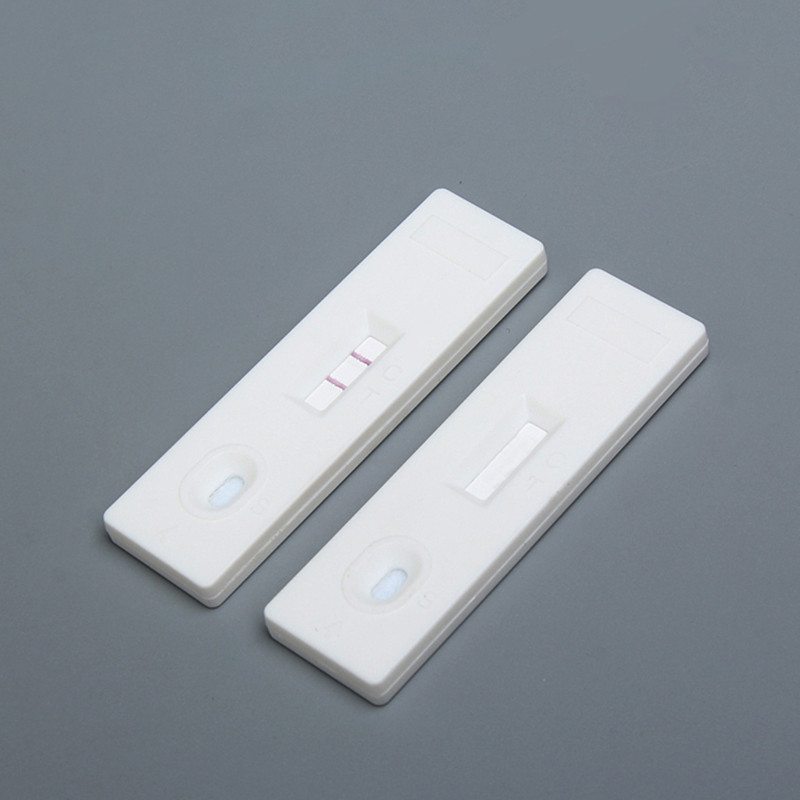Sep . 23, 2024 05:06 Back to list
hepatitis c ab test manufacturer
Hepatitis C Antibody Test Understanding the Manufacturer's Role
Hepatitis C is a viral infection that primarily affects the liver and can lead to serious health problems, including liver cirrhosis and liver cancer. One of the key tools for diagnosing hepatitis C is the hepatitis C antibody test, commonly referred to as the Hepatitis C Ab test. This test detects the presence of antibodies produced by the body in response to the hepatitis C virus (HCV). Understanding the role of manufacturers in producing reliable, accurate tests is crucial for effective diagnosis and treatment.
Hepatitis C Antibody Test Understanding the Manufacturer's Role
To achieve high standards of performance, manufacturers must adhere to strict regulatory requirements. In many countries, tests must undergo rigorous evaluation by health authorities before they can be marketed. This evaluation often includes clinical trials to assess the test's performance in diverse populations, ensuring that it is effective across different demographics and health conditions. Manufacturers also need to ensure that their tests are easy to administer and interpret, often providing comprehensive instructions and support for healthcare professionals.
hepatitis c ab test manufacturer

Quality control is another critical aspect of the manufacturing process. Reputable manufacturers implement stringent quality assurance measures throughout the production process to ensure that each test meets the required standards. This can involve regular audits, testing batch samples, and maintaining transparency in reporting results.
In addition, manufacturers are increasingly recognizing the importance of innovation in Hepatitis C testing. While traditional antibody tests have long been the standard, newer technologies, such as rapid tests and molecular assays, are becoming more popular. These advancements aim to enhance the speed and accuracy of testing while making it more accessible, especially in underserved areas.
Collaboration with healthcare providers is essential for manufacturers. They often engage with clinicians and researchers to gather feedback and improve their products. This connection helps ensure that the tests meet the needs of healthcare professionals and patients alike.
In conclusion, the hepatitis C antibody test is a critical tool in the fight against hepatitis C infections. The manufacturers behind these tests are responsible for developing reliable, accurate, and user-friendly diagnostics that play a vital role in public health. Through rigorous testing, quality control, and innovation, they contribute to effective disease management and improved health outcomes for individuals affected by hepatitis C. As the landscape of medical testing continues to evolve, the collaboration between manufacturers and healthcare providers will remain crucial in addressing this global health challenge.
-
Highly Accurate hCG Pregnancy Test Strips - 5 Min Results
NewsAug.02,2025
-
Premium Empty ABS Plastic Cassettes: Durable & Lightweight Storage
NewsAug.01,2025
-
Accurate Cocaine (Coc) Rapid Test Kit | Fast & Reliable Detection
NewsJul.31,2025
-
Accurate HCG Pregnancy Test Strips | Fast Home Use Kit
NewsJul.31,2025
-
Reliable Early Pregnancy Test Kit Supplier - Multi Plastic Cassette Options
NewsJul.30,2025
-
Transferrin Rapid Test Cassette – Reliable Tumor Marker Detection
NewsJul.29,2025

